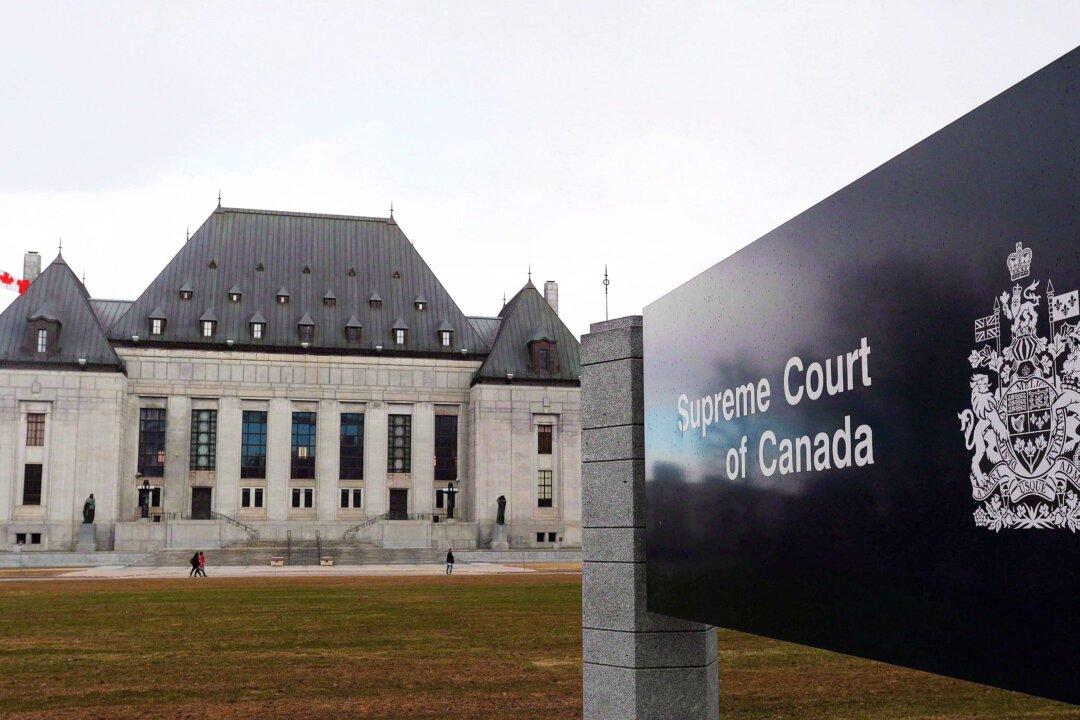ST. JOHN'S, N.L.—The Supreme Court of Canada has refused a bid by the Roman Catholic archdiocese in St. John’s to appeal a ruling that found it liable for sexual abuse at the former Mount Cashel orphanage.
Thursday’s court decision ends a legal battle that first shook Newfoundland and Labrador decades ago. It also determines once and for all that the church has a responsibility to the victims of the abuse that took place at the notorious former orphanage, at the hands of the Christian Brothers in the 1950s.





